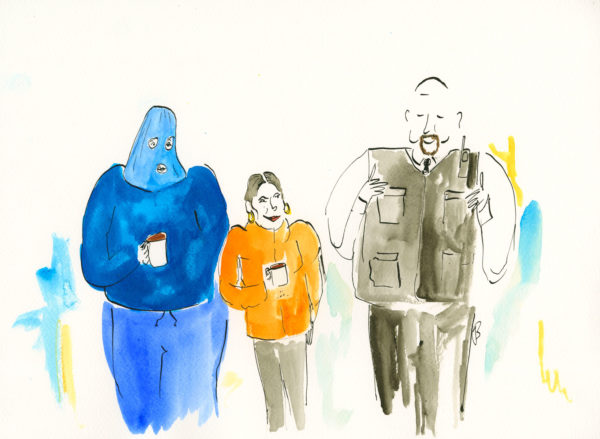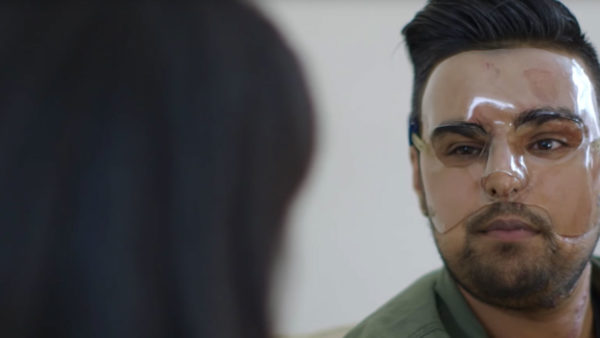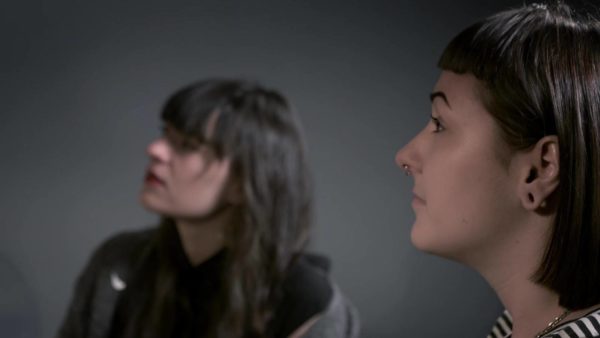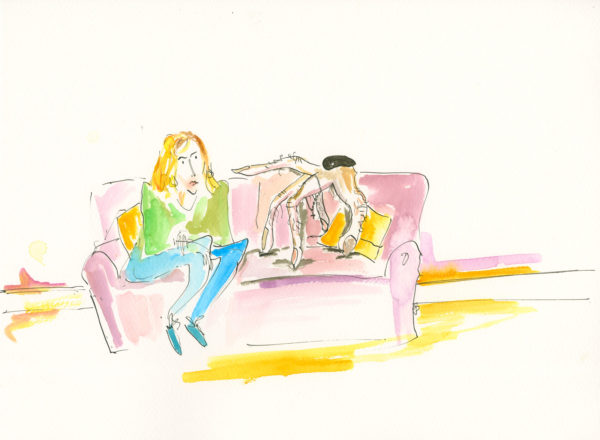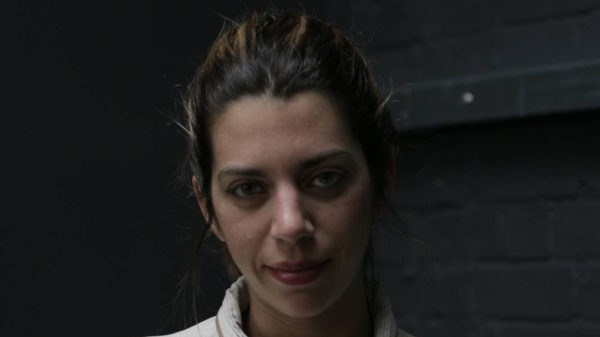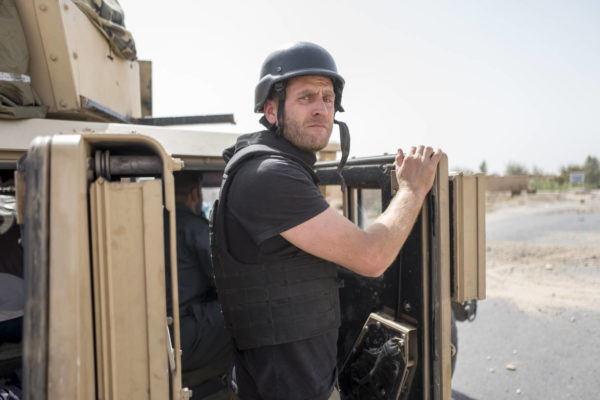Tashi Hanlon is a filmmaker who specialises in access-driven documentaries focused on law and crime. After working on James Newton's Grierson-shortlisted Conviction: Murder at the Station, she joined VICE where she negotiated access to difficult individuals for series like 'High Society'.
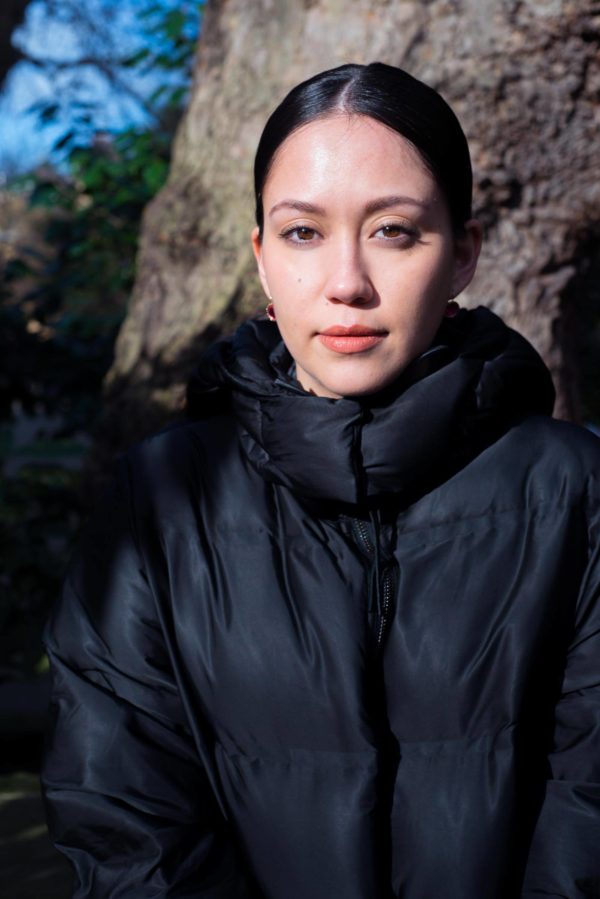
I worked as a researcher on the VICE series High Society, looking at the British drug landscape. One of the episodes focused on nitrous oxide, also known as NOS or laughing gas, and how the Psychoactive Substances Act brought in by Theresa May in 2016 had criminalised NOS in the UK overnight. What we wanted – the dream story beat within the film – was somebody who robbed NOS from the NHS. But if the first thing you mention when you’re talking to a potential source is their criminality, it immediately gets their back up. So to get this part of the story, we had to find another way in.
We wanted to speak to someone who robbed nitrous oxide from the NHS
NOS is frequently used in the warehouse rave scene. I remembered going to raves myself and seeing the big canisters of medical nitrous oxide that could well have been taken from hospitals. So I started reaching out to people in the rave community and through them I met this guy called “Big Blue”. Rather than go in all guns blazing, I talked to him for ages about the rave scene and at the end of the conversation I was honest, explaining that we were looking at this side of the culture and wanted to speak to someone who stole medical NOS from the NHS. I’d heard that this is what Big Blue did.
Immediately, he said ‘no way’. This is where communication became really important. If you’re asking someone to take risks for the sake of your film, you need to build a rapport, but at the same time you need to be honest with them. You can’t defer to them so much they feel they can take advantage of you because it could jeopardise the film you’re making in a moral or legal sense. When I approach people who’ve committed criminal acts, I lay out all the possible risks of them taking part in the film. Ultimately, I’m not looking to get anyone arrested or hurt.
Eventually, after speaking to him for ages on the phone, he gave us access. The shoot itself was really mad; he told me we’d just be going to his house to see the canisters but he ended up taking us to the hospital he’d stolen them from. We had to stay off the property because we didn’t have an agreement in place to film at that location but we shot him on a long lens while he approached the locked-up shed with all the NOS in it. He was wearing a balaclava. However, balaclavas tend to make people suspicious, and sure enough security came over and tried to kick him out. It was a bit tense, there was some conflict – the contributor was quite a difficult person and was making the situation worse; I felt sorry for the guards who were just doing their jobs.
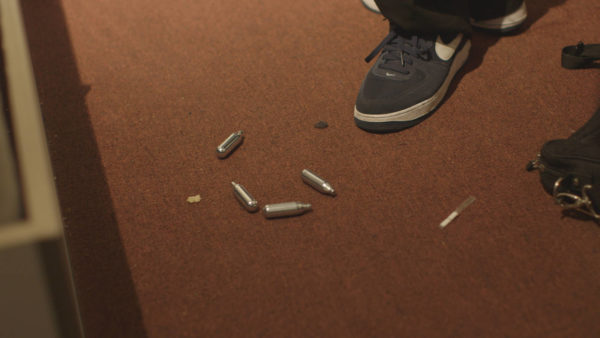
After that, we ended up back at his house, doing another interview. Though we didn’t get any new footage of him stealing canisters, through talking to him for ages I found out the hospital actually had CCTV of him trying to do that before. Initially we tried to get a copy of the footage through a solicitor but that didn’t work, so we had to make a case to the hospital, explaining it was really important for us to include the footage in our film because it would send out a message that they were tackling the problem. I literally sat in the security office with the guards for six hours, chatting to them, until eventually they gave me a copy of the tape. We were able to cut that together with the actuality of him going up to the NOS canisters, and it ended up being a really strong scene.
It ended up being a really strong scene
In making this film, I realised how important it is to try to get all the elements of a contributor’s story, so you’re not just showing one side that fits your narrative, or that is sensationalised to make your story better to their detriment. I realised that, in the end, communicating on a human level with both sides – with Big Blue and the hospital security guards – is what made the film a success.
Illustrations by Bloody Bishop.
Continue Module
From the Brink:
Venom Superman
Josh Haddow recalls a shoot he produced in which a man injected himself with venom from the world’s most lethal snakes.
Beneath the Credits:
Acid Attacks
In the summer of 2017, journalist Max Daly wrote an article about the rising number of acid attacks in London. The VICE.com team then collaborated to make a documentary in five weeks.
Giving notes:
Raised without Gender
We reunited producer-director Milène and editor Rhiannon - the makers behind Raised Without Gender: a documentary on Sweden's progressive take on gender identity.
Friends Overseas:
Elektra Kotsoni
Local knowledge + global expertise = an international news network.

















